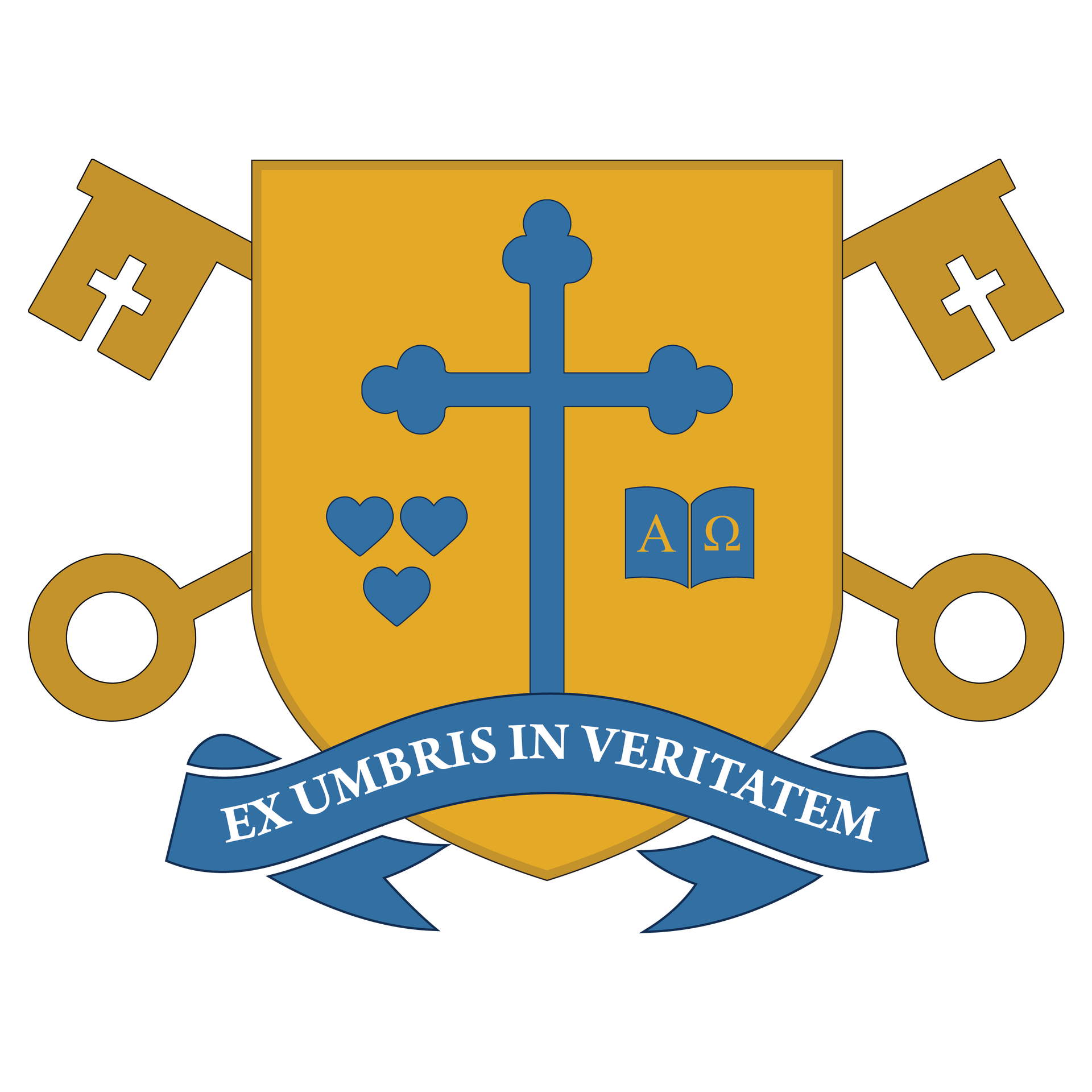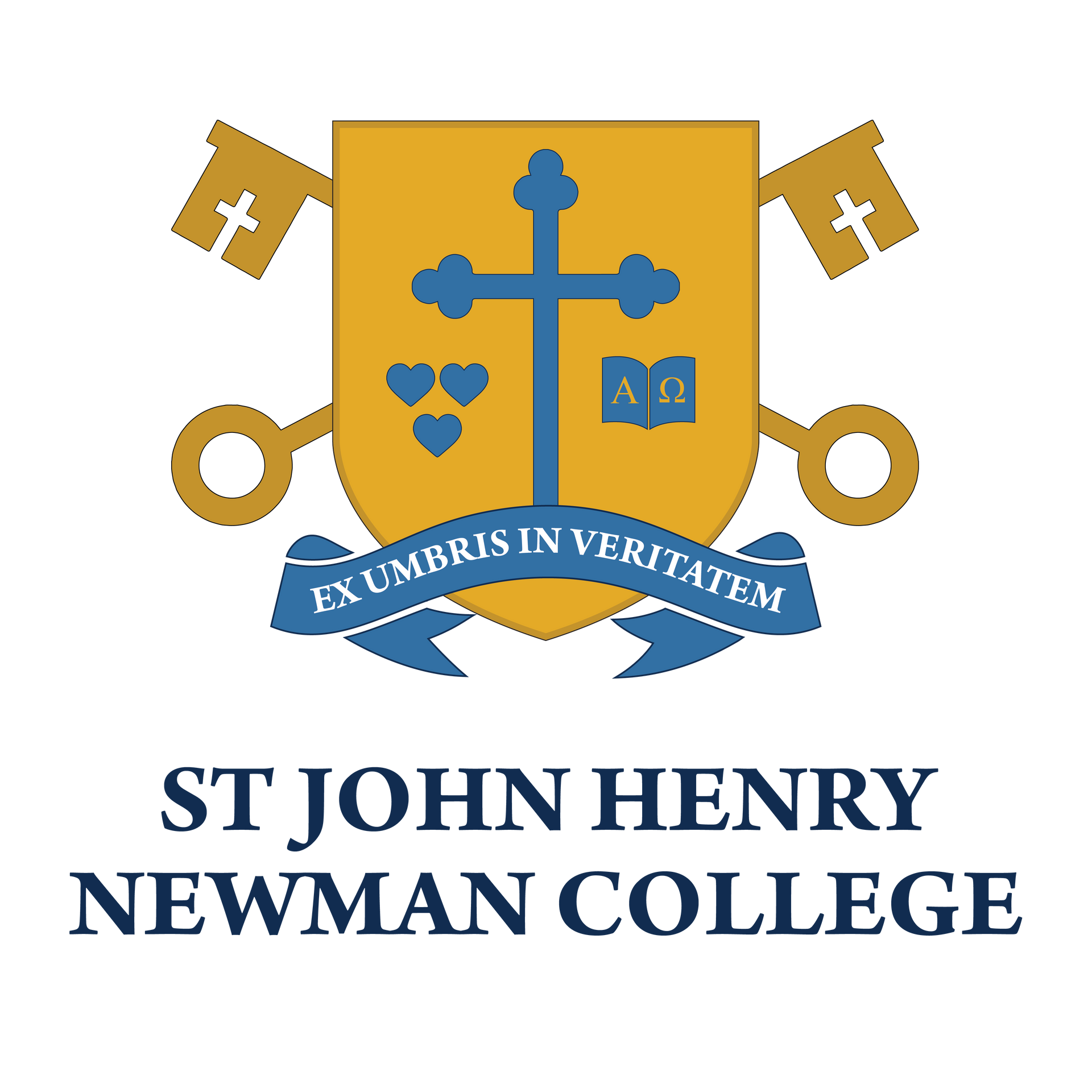The Classical
Difference
Classical education has an ancient heritage. Aiming not merely to prepare students for a life of work, it recognises the highest purpose of education is to form young people of wisdom and virtue, equipped to contribute to God’s work in the world.
A classical approach desires to introduce students to the best that has been thought and said throughout history. This is achieved through immersion in classical literature, what has been termed by some as The Great Books. From Homer and Plato to Austen and Shelley, students will learn to grapple with the ideas that have shaped our modern world.
We also have a focus upon the humane arts of Literature, History, Philosophy and Theology, recognising the value of these not only as skills, but as formational knowledge that grounds us in an understanding of what it means to be human (anthropology), how best to live our lives (ethics), the appreciation of beauty (aesthetics), and the joy of knowing God (theology).
Through a pedagogical approach shaped by the Trivium of Ancient Greece, consisting of a focus upon Grammar, Logic and Rhetoric, students are equipped with the skills needed to become life-long learners who are not only capable of understanding and making sense of the world, but are passionate about making it a better place.






